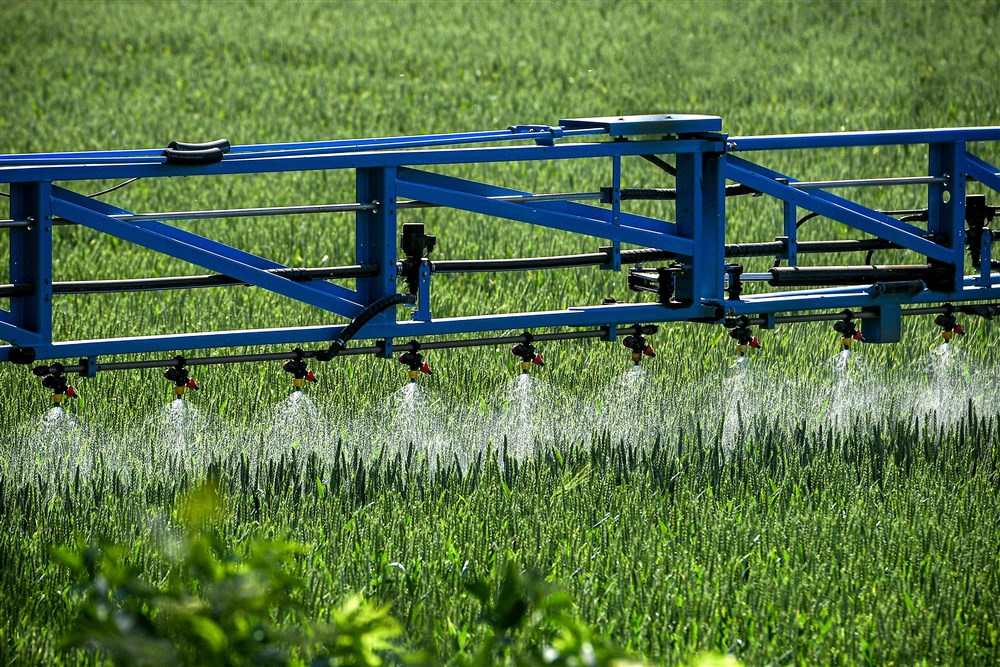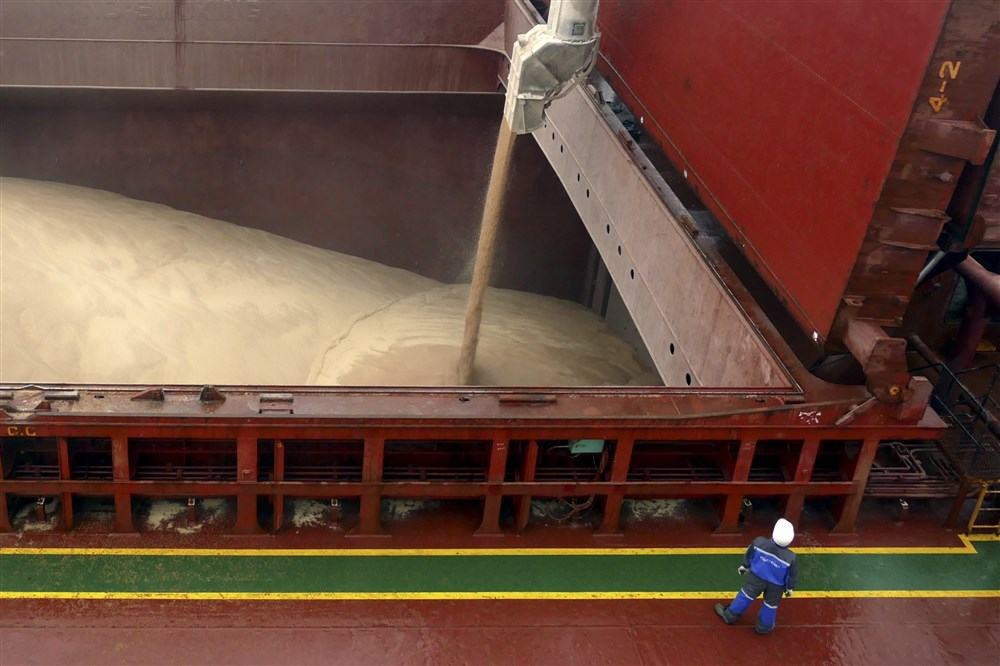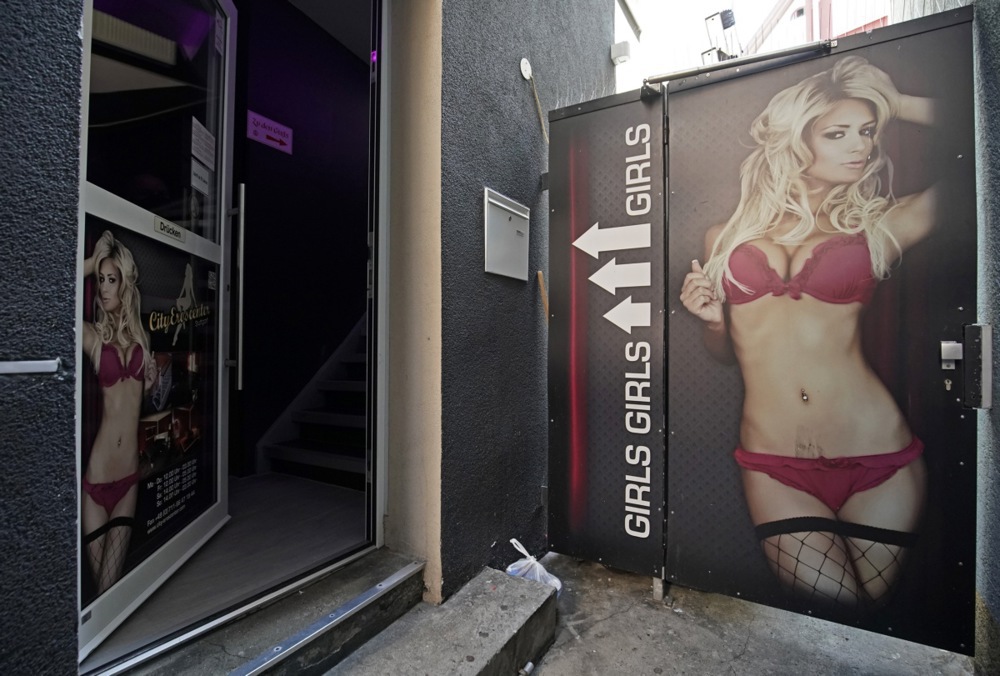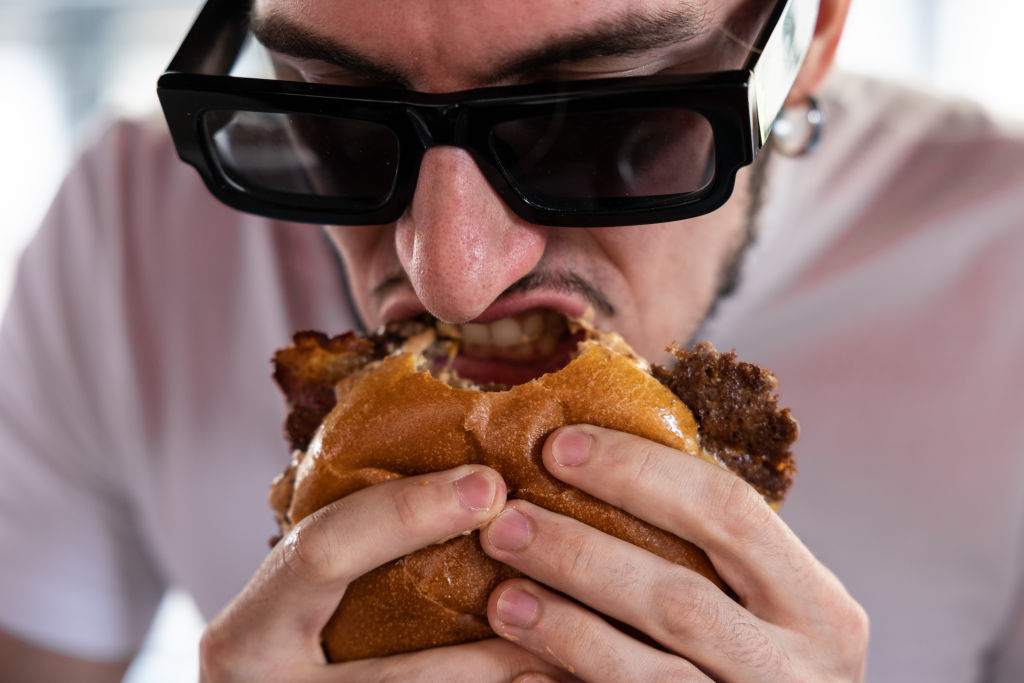The BBC’s Eye Investigations has uncovered alleged fraud in the European tomato purée industry, with Chinese tomatoes produced under forced labour apparently falsely being sold to consumers as Italian.
In the UK broadcaster’s exposé on the evening of December 2, tests showed that several stores selling own-brand purée across the European Union contained tomatoes from Xinjiang, the Chinese region made infamous for alleged human rights abuses by the Chinese government against the local Uygur population.
Products such as British superstores ASDA’s Organic Tomato Purée, Tesco’s Italian Tomato Purée, Morrisons’ Tomato Puree and Essential Waitrose Tomato Purée, which all have “Italian” in their names or in descriptions, were said to contain Chinese tomatoes.
Uyghur and other largely Muslim minorities were said to be forced to work in camps and process tomatoes in the Xinjiang province, some of which are exported to the EU.
According to the BBC, one of the main recipients of tomatoes from Xinjiang was the Italian company Antonio Petti, which is a member of the Petti group.
While the Petti group manufactures tomato products under its own brand, it also provides other supermarkets around Europe, which resell them under their own names.
Origin tests by Source Certain, an Australian origin verification company, on 64 different tomato purées sold in the US, UK and Germany reportedly showed that 17 out of the 64 purées came from China, 10 of which were prepared by Petti.
In 2021, the Italian military police had conducted a raid on one of the Petti group’s factories on suspicion of fraud.
It was reported that foreign tomatoes, including Chinese ones, were being passed off as Italian,. A year after the raids, the case was settled out of court. Italian police withdrew the matter after Petti denied the claims.
In the BBC revelation, an undercover journalist posing as a businessman spoke with the general manager of Italian Food, part of the Petti group, who admitted the firm sold Chinese tomatoes in Europe.
“Yes … In Europe, no-one wants Chinese tomatoes. But if for you it’s OK, we will find a way to produce the best price possible, even using Chinese tomatoes,” the unnamed manager told the BBC.
While visiting a Tuscany factory, the journalist was able to film a dozen blue barrels of tomato paste lined up inside. A label visible on one of them read: “Xinjiang Guannong Tomato Products Co Ltd, prod date 2023-08-20.”
COMMENT: The EU Parliament's resolution condemning China's treatment of Uyghurs is a rare, blunt move. But will Europe back it with real action, or keep turning a blind eye? asks @BogdanosK. https://t.co/ob0ktpCeGA
— Brussels Signal (@brusselssignal) October 15, 2024
Part of the problem, according to the BBC, was that the EU and the UK allowed companies to self-regulate to ensure forced labour was not used in supply chains, a practice which is soon set to change in the EU.
In a response to the programme, the Petti group said it had frequently acquired tomato paste from a Chinese company called Bazhou Red Fruit but claimed that it had not done business with Xinjiang Guannong since the latter was sanctioned by the US for using forced labour in 2020.
Petti insisted that company “did not engage in forced labour”. But according to the BBC inquiry, Bazhou Red Fruit and Xinjiang Guannong have the same phone number and additionally, analysis of shipping data indicated that Bazhou Red Fruit was its shell firm.
All stores involved denied the allegations about problematic Chinese tomatoes, emphasising that their internal investigations found no substantive evidence supporting the claims.
German supermarket chains Rewe and Edeka, along with Tesco, Waitrose, and Morrisons, immediately suspended or withdrew the products in question. The retailers reported having conducted independent tests that contradicted earlier claims, finding no evidence of the alleged issue with Chinese tomatoes, as the BBC reported.
A third of the world’s tomatoes are produced in China, with the majority coming from the province of Xinjiang.
Xinjiang, home to the Uyghur Muslim minority, has been internationally condemned for widespread human rights abuses, including systematic forced labour and the operation of large-scale internment camps where more than a million Uyghurs have reportedly been detained, subjected to political indoctrination, and forced to work in various industries.
Brussels Signal reached out to the spokespeople of the European Commission regarding the case but had received no response at the time of writing.





